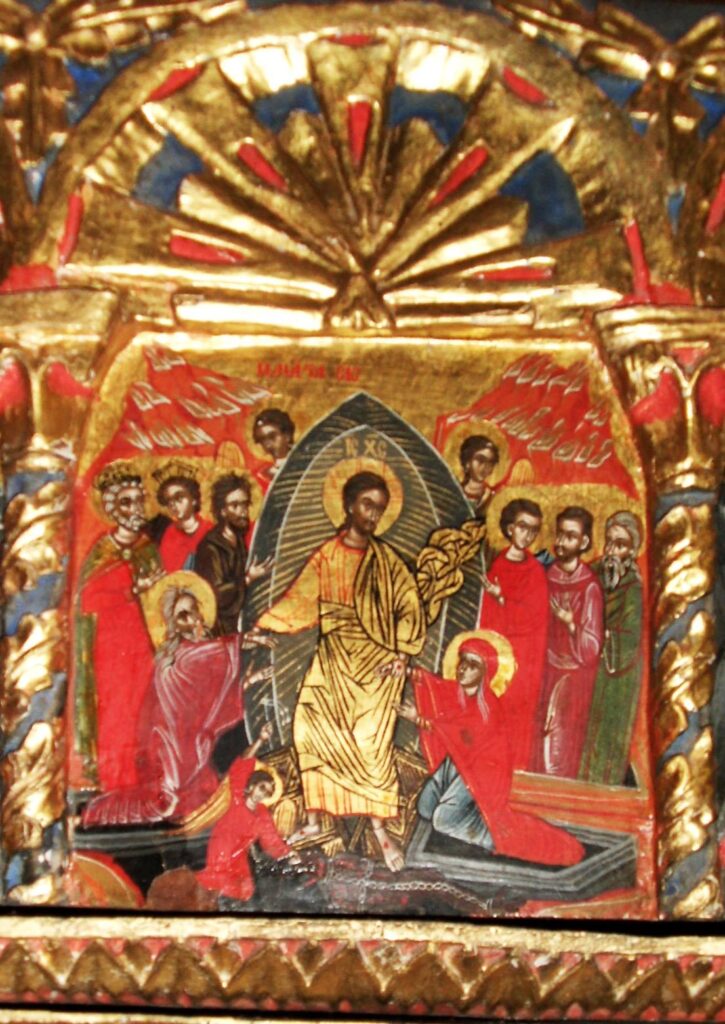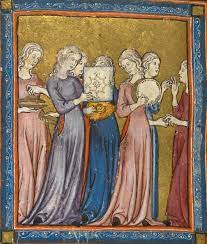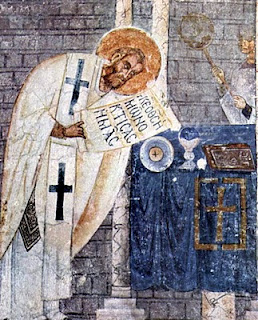
If Christ has not been raised, your faith is worthless since you are still in your sins. Then even those who have fallen asleep in Christ have perished. If we only hope in Christ during this life, we are the most pitiful of all people. (1 Cor. 15:17-19)
The Christians in Corinth who thought they were the spiritual “elite,” the super-deluxe Christians who were extra spiritual and could speak tongues etc., apparently said there was no physical resurrection from the dead. They claimed to be the proof that all the benefits of the General Resurrection were already available and that nothing more could be added to what they had already received and demonstrated by their spiritual gifts. They seem to have thought that they would live to see the Second Coming and that others who died before that had totally perished.
The apostle disagreed with them. He taught that if there was no physical resurrection coming at the end of time, then the Christians were the most pitiful of all people because they spent their lives preparing for/expecting something that was not going to ever happen. If there is no General Resurrection coming at the end of time, that also means that St. Paul and the other apostles are liars and have offended God by preaching something that was not true. It also means that the Christians who have already died will never rise again. As St. John Chrysostom and others preached, the Christian faith is meaningless without the resurrection.
Therefore Christ is not to be hoped for in this life only, in which the bad can do more than the good and those who can do more evil are happier and those who lead a more criminal life live more prosperously.
Maximus of Turin, Sermon 96
If the dead will not be raised at the end of time, that means that Christ was not raised and if Christ was not raised, then then “new life” that the Corinthian elite claimed to be demonstrating is impossible. The elite in Corinth can’t have it both ways–either there is no resurrection coming and therefore their experiences are delusions or their experiences are legitimate and there will be a General Resurrection at the end of time.
Christ’s Resurrection and the General Resurrection of the dead go hand in hand. Neither exists without the other. Christ’s Resurrection is not complete until the entire human race is raised from the dead. The human race cannot be raised if Christ was not raised. Resurrection is the single most important proclamation of the Church; everything else is simply trying to make sense of the Resurrection. All theology is simply a struggle to understand the Resurrection and its implications.
Even the proclamation of the Incarnation is a result of attempting to understand the Resurrection. How could Christ be raised? Only God could overcome death. How could God die and enter Hades? Only if God had become human. Everything the Church says and does is built on the Resurrection.
Read previous posts about how celebrations of the Nativity anticipate the Resurrection here and here.


